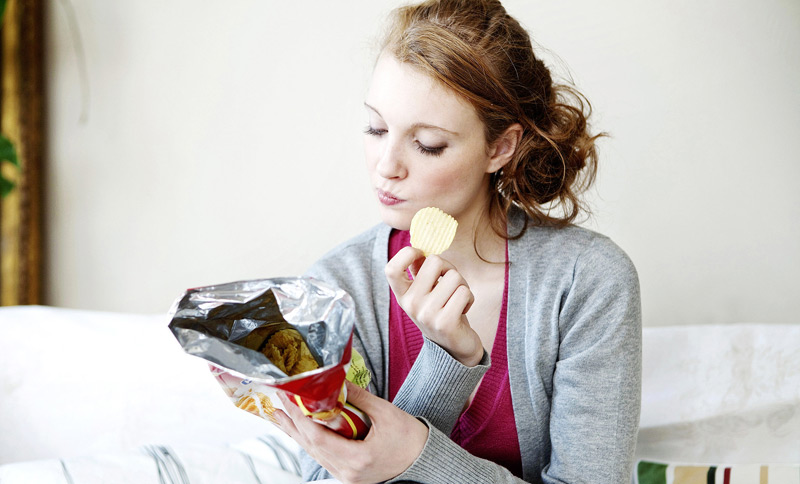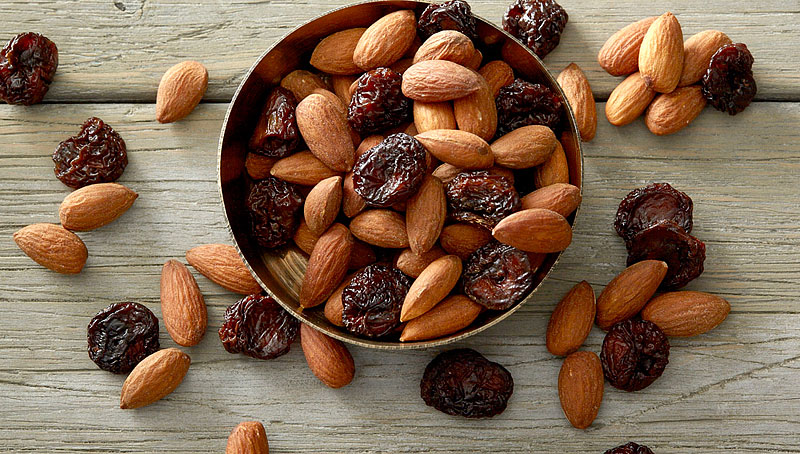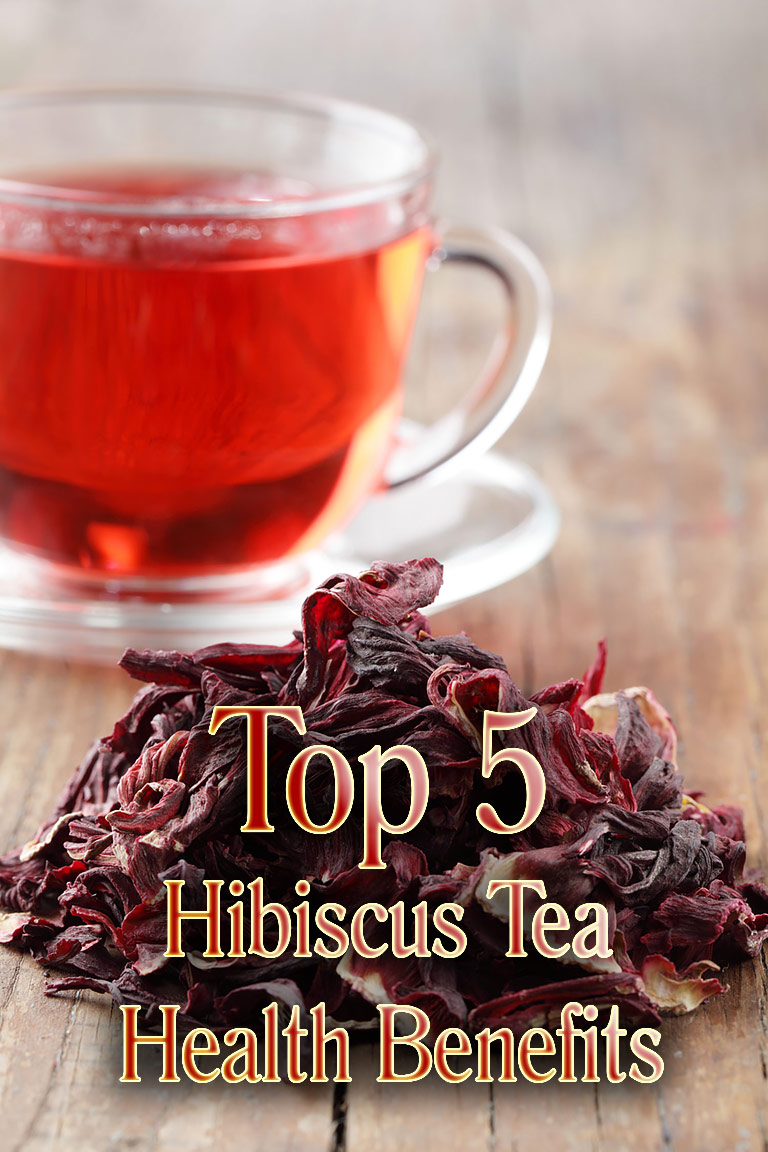
Spending time relaxing with friends and family is one of the most cherished parts of life. It can also be an easy time to get lured into snacking temptations we might not otherwise fall into: A few extra handfuls of roasted nuts here, a frappuccino there, maybe some crackers & cheese with a lovely glass of wine as the sun sets and perhaps a movie with some popcorn to unwind at the end? Unfortunately, sometimes the end result can leave our pants feeling a little tighter come Tuesday. So here’s some practical suggestions to help you stay on track.
What’s the difference between a good snack and a bad snack? We dive into 3 key principles of snacks and our favorite snack ideas.
1. Firstly, a snack should not be an excuse to eat when you are not hungry
Snacking has become very popular in the West in the past few decades, but snacking is not strictly speaking necessary and is non existent in many foreign cultures. For example, according to Mireille Guiliano, author of ‘French Women Don’t Get Fat’, one of the secrets of French women to staying slender is avoiding snacking and grazing between meals. Rather she emphasizes eating three square meals per day, with lunch being the most abundant.
We are not necessarily suggesting snacking is bad – there are definitely other experts who recommend eating something small every 3-4 hours to maintain stable blood sugar levels. However, principle 1 for good snacking is to really honestly check in with yourself before putting something in your mouth to see whether you are legitimately hungry.
And avoid mindless grazing at all costs, where the calories can really add up. If you are going to snack, then get yourself out a pre-measured amount and stop doing everything so you can really enjoy it.

The best thing about abstaining from snacking when you are not really hungry? Your next meal is only a few hours away and you will really enjoy it (guilt-free)!
2. Secondly, a snack should generally be a modest portion
A snack is not a meal and should not be a substitute for a meal. Some experts recommend limiting a snack to 100-200 calories (which is hardly any food at all if you google it). At Homemade our philosophy is not to rely upon calories or points counting or to try to restrict your eating in this manner (because who wants to live this way?! And further countless studies show this does not work in the long run). Rather, our philosophy is to connect with your body and your hunger. This seems like a foreign and terrifying concept at first because we all are taught and come to believe that we are whale-eating ravenous unstoppable beasts if we don’t control ourselves with willpower. However, we guarantee that your body has an incredible evolved innate ability to regulate appetite, satiety and hunger control. (If you have been abusing your body for many years with fad dieting, deprivation and cycles of over-eating or eating processed foods it might take a while to recalibrate, but it will get there, just give it time.)
The upshot is that your body actually needs much less energy and food to operate than your mind might tell you. So if you find yourself genuinely hungry for a snack between meals, then try going for something small and modest, wait 15 minutes and check in with yourself to see whether you are still hungry. You might be surprised at how much less you actually need. Remember what the go-to snacks were growing up: an apple or a banana. Pretty simple & modest.
On the other hand, avoid getting too hungry. As Homemade Cooking Instructor & Certified Nutrition Consultant, Teresa Brown, recommends, pay attention to those signs that say “time for a snack/meal”, like hunger, fatigue, brain fog, frustration or even clumsiness. Your body is responding and telling your brain that you need food. If you miss the signs, your blood sugar can drop and your cravings for carbs and sugars will increase – this will make it even harder for you to eat a good snack. The trick is to have a snack before this happens!
3. Thirdly, go for natural, whole, nourishing snacks
We know that the snacking industry spends billions in advertising, packaging and product placement to convince you to buy their products. But unfortunately, those snacks cripple your body and satiety regulation from the inside: They spike your blood sugar and over time can lead to chronic disease and type 2 diabetes as well as weight gain. We know you know all this – but truly, avoid these processed sugary & refined carb snacks like the plague.
A snack with refined carbs or sugars can raise your energy quickly, but the effects are short-lived and are a vicious cycle; your blood sugar drops suddenly leaving you more fatigued than before, and sets you up for your next craving. Your body is playing a balancing act. The more quickly you raise your blood sugar, the quicker it will drop. Anytime you can get a combination of real food as a snack, the better.

On the other hand, snacking on nutritious, whole, natural ingredients which contain macro and micro nutrients is like energizing, fueling, regulating, cleaning and invigorating your body from the inside out. You will honestly feel the difference from substituting more wholesome snacks in as little as 48 hours. The macro nutrients to get in you are: Proteins, healthy fats, carbohydrates (yes these are a macro nutrient meaning it is something your body needs for optimum nutrition – we are declaring war on the war on carbs). Whole foods also include fiber (which is actually a type of carbohydrate). And then there are the micronutrients like vitamins, minerals and antioxidants. If women & men only knew how good these micronutrients are for youthful skin and energy, there would be lines out the door of every grocery store!!
So to give you some concrete ideas for healthy snacks, here are some of our favorites:
- Bean dip with veggie sticks.
- Guacamole with homemade chips.
- Tuna salad with a side salad.
- Meat and seasonings rolled in a leafy green.
- Leftovers from dinner.
- Fruit with yogurt, seasoned with spice or zest.
- Crackers with goat cheese and cucumber.
- Hard cheese with pear and herb pesto.
- Brie with nuts with dried fruit.
- Leftover beans/grains made into a fresh vinaigrette veggie salad.
- Frittata.
- Cup of soup with side salad.
Make it beautiful, make it delicious, be grateful and enjoy!
4. Bonus point: Look out for the fad ‘healthy’ snacks
One more thing we must say about snacks: Avoid falling in the trap of the gluten free, vegan, raw, high protein, all natural, whole food versions of junk food that are so popular now. Think gluten free brownies, vegan cheesecake, raw chocolate, protein peanut butter bar, baked chips, organic tortillas, etc. So many of these are absolutely packed with nutrition and also calorie density – so unless you are burning these calories up with some very vigorous weekend activities, then know where it’s going to end up (hint: the answer is not muscle definition). On the other hand if you must indulge just for the sake of it (and let’s face it, we all do sometimes), then these are still generally better choices because you do get some good nutrition bang for your calorie buck.




Leave a Reply